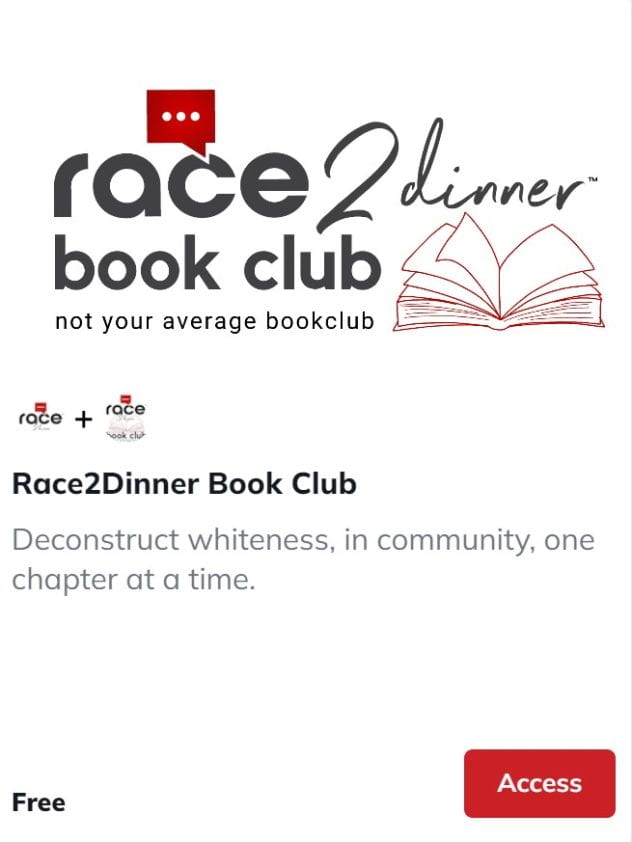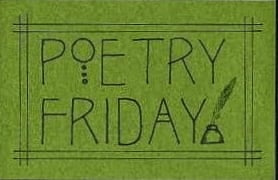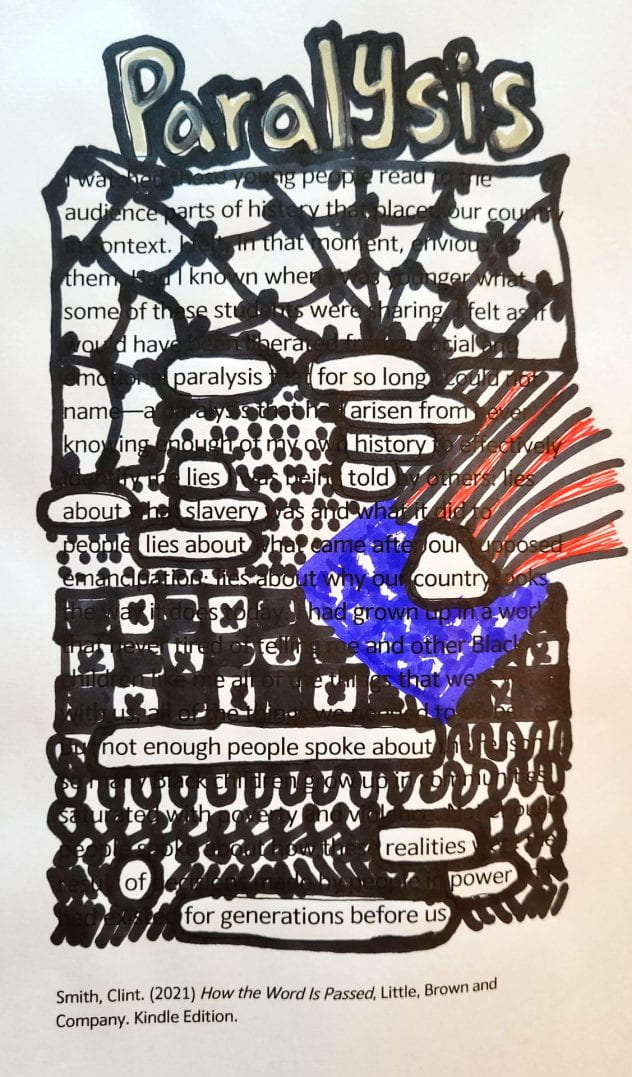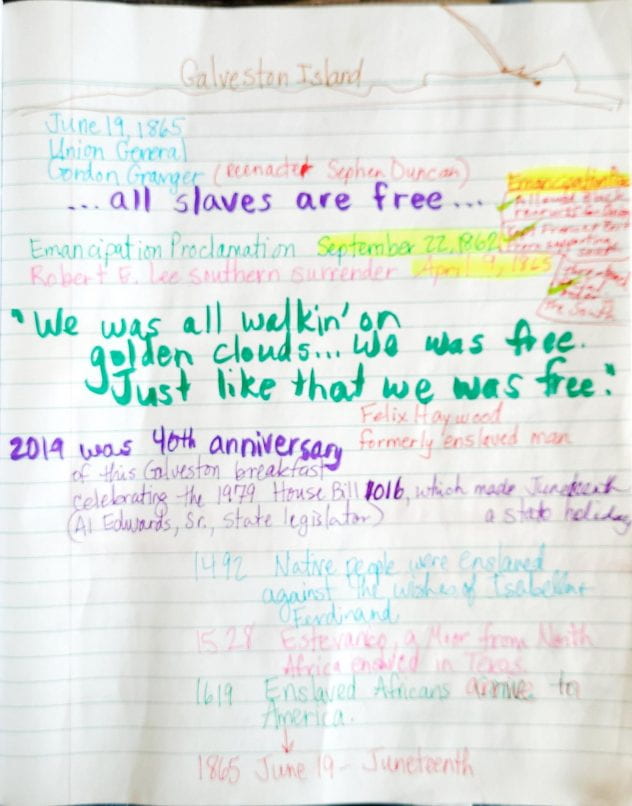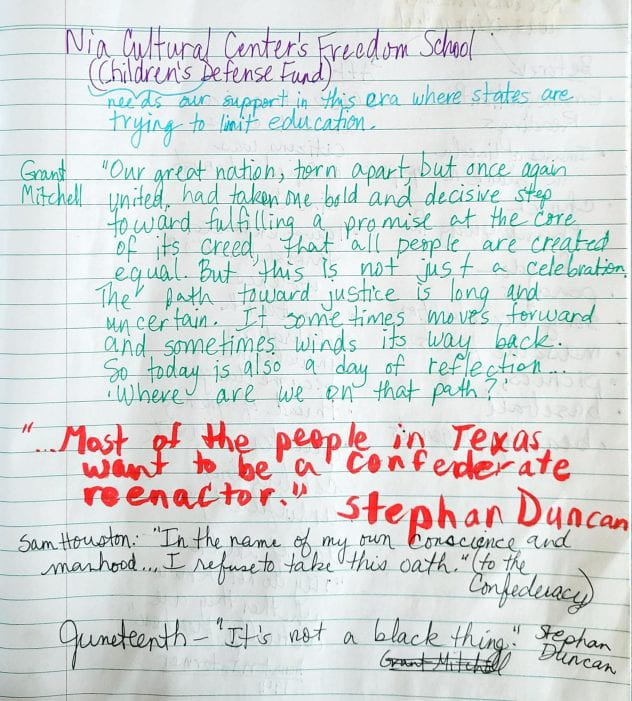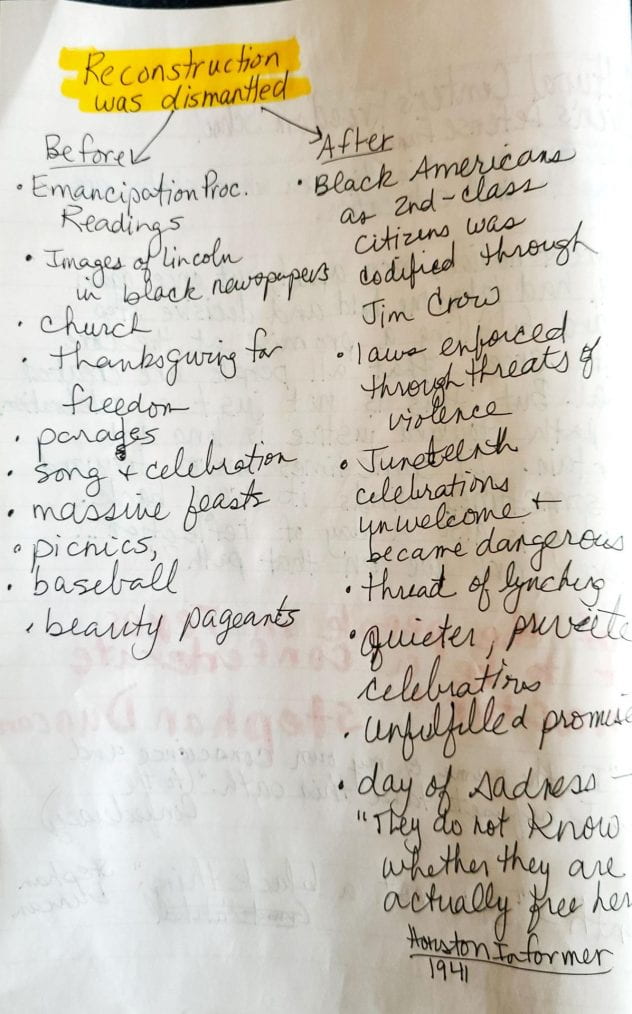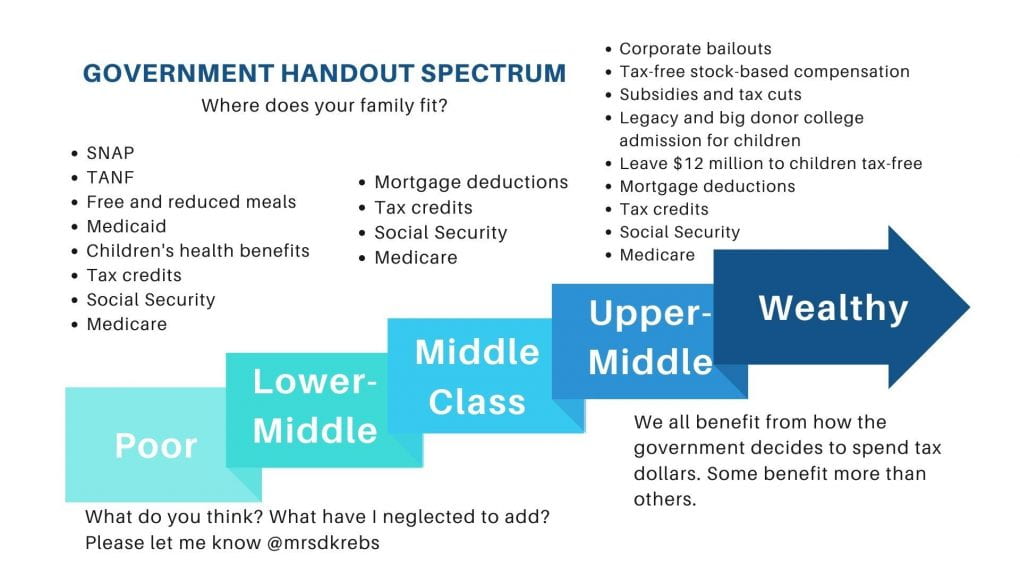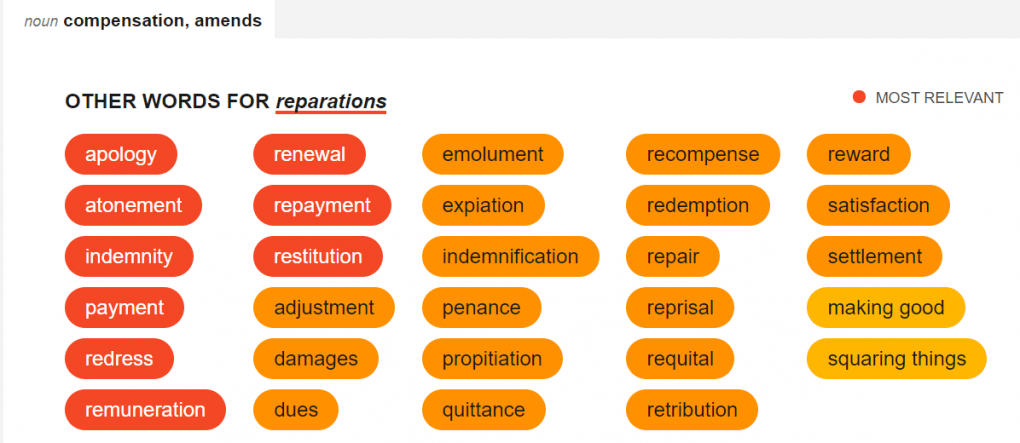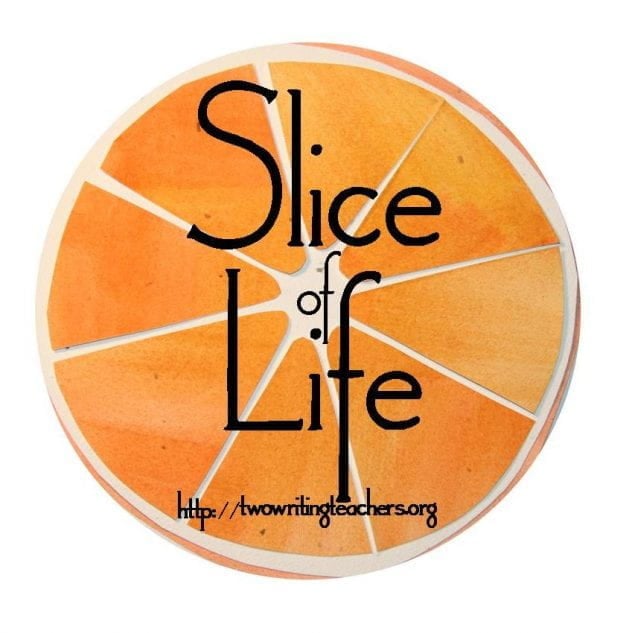 March 14, 2023 TwoWritingTeachers.org
March 14, 2023 TwoWritingTeachers.org
Ron Desantis’ General Counsel Ryan Newman gave this description of WOKE: “it would be the belief there are systemic injustices in American society and the need to address them.” And Ron Desantis wants woke-ism to die in Florida (and in the U.S., if God-forbid, he becomes president).
That is the backlash our nation is up against. People, many of them in positions of authority, are denying that there are systemic injustices in America and that we need to address them. It is so frightening. We need to speak up, so our nation becomes more perfect, not less.
I’ve known all along about the powerful book Saira Rao and Regina Jackson wrote and was published by Penguin Books last fall:
White Women: Everything You Already Know About Your Own Racism and How to Do Better
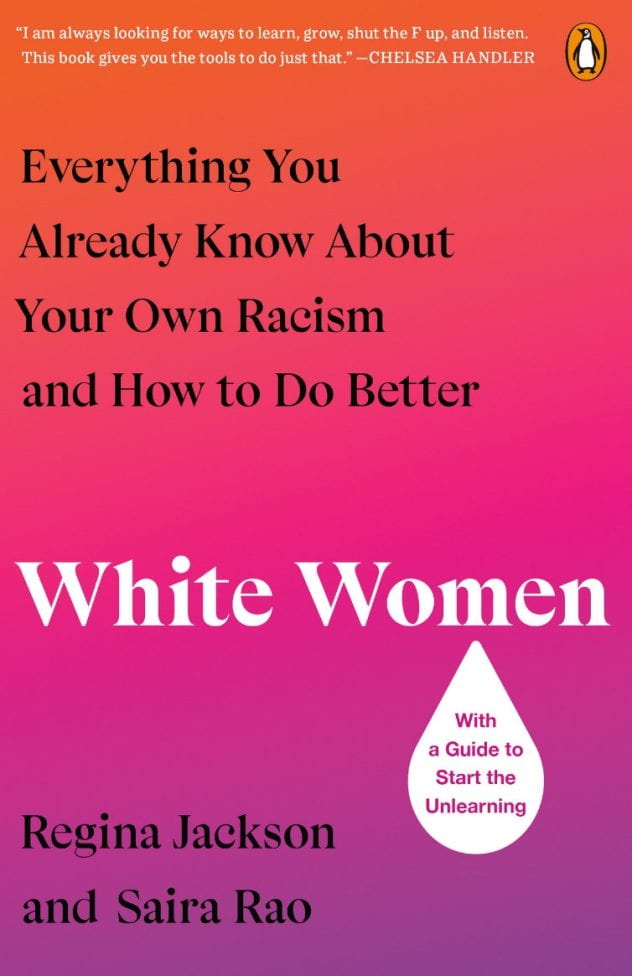
However, it took me until last month to finally purchase it. I don’t know why. Here is a great taste of their book in a Time.com article.
Are you a white woman? I would invite you to buy the book, read it, and discuss it with a small group. You are invited to join in this free Race2Dinner book club. After you access the book club, register, and then RSVP for one of the small groups. The first group met today, and three more are starting this week. Go and check it out. At the first meeting, the group will discuss the preface of the book. Then they will talk about one chapter a month after that.
I hope to see you in the Race2Dinner community. Do let me know if you join, please.
I am participating in the March Slice of Life Challenge: A slice a day for all of March. Thank you, Two Writing Teachers!
